DHAKA, June 28 (V7N) – Leading business figures in Bangladesh have voiced their strong support for comprehensive reforms and modernization of the National Board of Revenue (NBR), aiming to foster a more efficient and harassment-free revenue collection system. This collective stance was articulated at a press conference held at a city hotel today.
Anwar-Ul-Alam Chowdhury Parvez, President of the Bangladesh Chamber of Industries (BCI), stated, "This is expected to play a positive role in boosting export earnings and revenue collection through providing necessary support in domestic business alongside import and export operations."
The press conference was convened to address the ongoing situation at the NBR, particularly in light of the promulgation of the Revenue Policy and Revenue Management Ordinance 2025 on May 12. This ordinance, which aims to separate revenue policy-making from revenue collection by dissolving the Internal Resources Division (IRD) and the NBR and replacing them with two new autonomous entities – the Revenue Policy Division (RPD) and the Revenue Management Division (RMD) – has sparked protests among NBR officials.
The business leaders collectively urged the interim government to resolve the dispute through discussions. The press conference saw the participation of prominent figures including Mahbubur Rahman, President of the International Chamber of Commerce Bangladesh (ICCB); Syed Nasim Manzur, President of the Leathergoods and Footwear Manufacturers and Exporters Association of Bangladesh (LFMEAB); Mahmud Hasan Khan Babu, President of the Bangladesh Garment Manufacturers and Exporters Association (BGMEA); Mir Nasir Hossain, former President of the Federation of Bangladesh Chambers of Commerce and Industry (FBCCI); Kamran T Rahman, President of the Metropolitan Chamber of Commerce and Industry (MCCI); Md Shahriar, President of Bangladesh Garment Accessories and Packaging Manufacturers and Exporters Association (BGAPMEA); and Showkat Aziz Russell, President of Bangladesh Textile Mills Association (BTMA).
In a written statement, BCI President Anwar-Ul-Alam Chowdhury Parvez emphasized the urgent need for concerned government ministries and divisions—including the Ministry of Finance, Ministry of Commerce, and the Bangladesh Investment Development Authority—to engage in discussions with the protesting NBR officials and employees, ideally under the leadership of the Chief Adviser's Office. He also appealed to the protesting officials to return to work without preconditions for the sake of the national economy.
Parvez highlighted that the ongoing protests by NBR staff are significantly hindering import and export operations, leading to extended lead times and increased "cost of doing business." He warned that this movement could create an "image crisis" among international buyers, ultimately negatively impacting foreign currency earnings and overall economic development. Businesses have reported daily losses of billions of Taka due to the NBR deadlock, with customs clearance activities severely impacted, leading to container congestion at ports.
Mahbubur Rahman, President of ICCB, stressed the importance of interaction between the government and the private sector, calling for all parties to "sit together and resolve the issue." Syed Nasim Manzur reiterated the business community's desire for an NBR that is modern, honest, and facilitates ease of doing business, asserting that "The reforms at NBR should have to take place." BGMEA President Mahmud Hasan Khan Babu affirmed their desire for a resolution to the issue alongside the necessary NBR reforms.
When asked, BCI President Parvez indicated that the business community is prepared to take initiative, if required, to bridge the gap between the government and the agitating NBR staff to resolve the crisis. The NBR Reform Unity Council, representing the protesting officials, has indicated willingness to join a meeting scheduled for Tuesday, seeking clarity on the ordinance and urging the Chief Adviser's intervention.
END/MSS/RH/



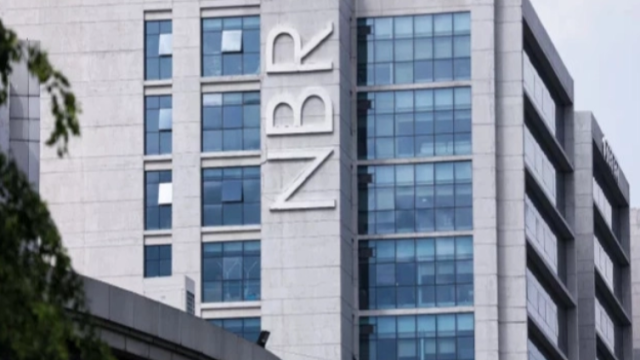
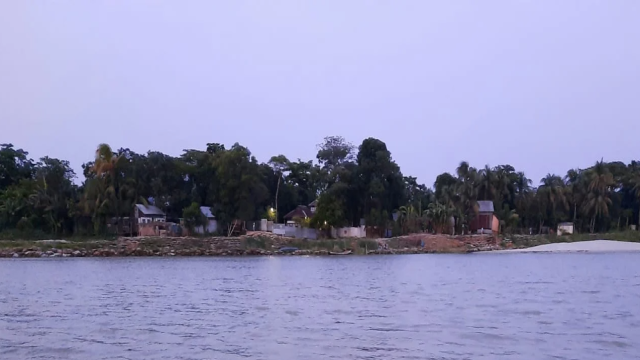
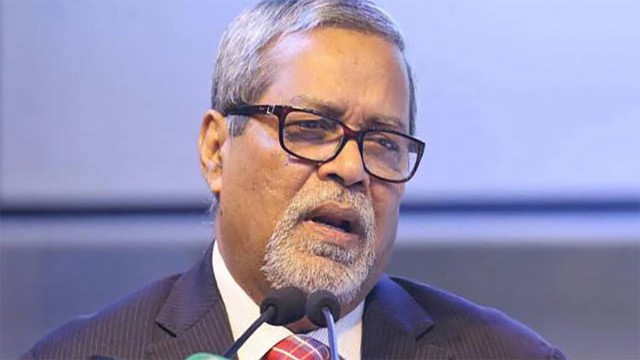
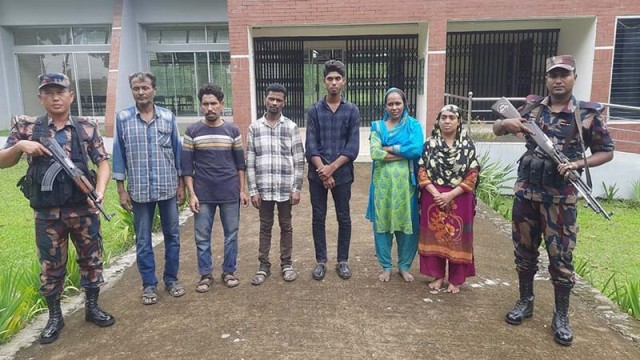
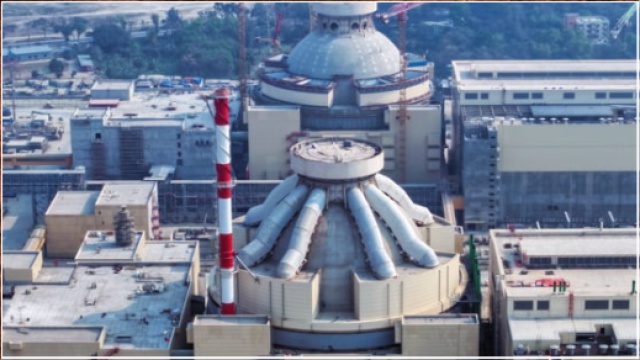
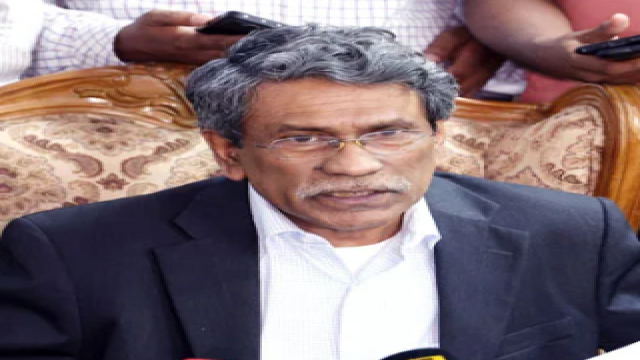
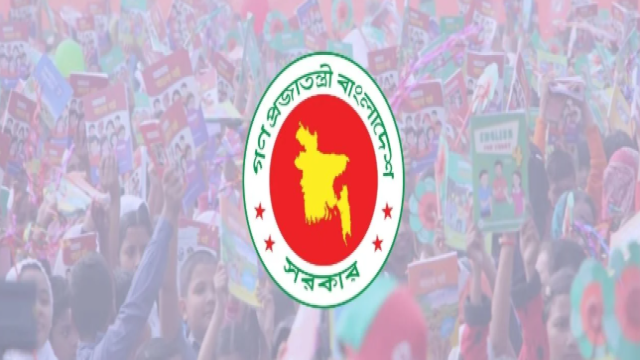


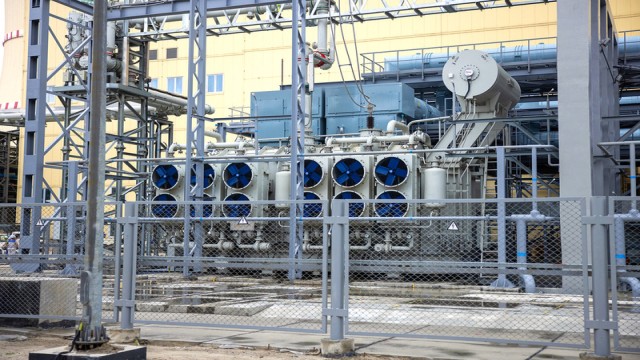
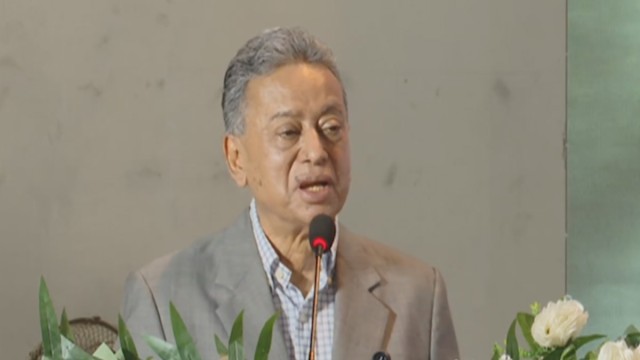

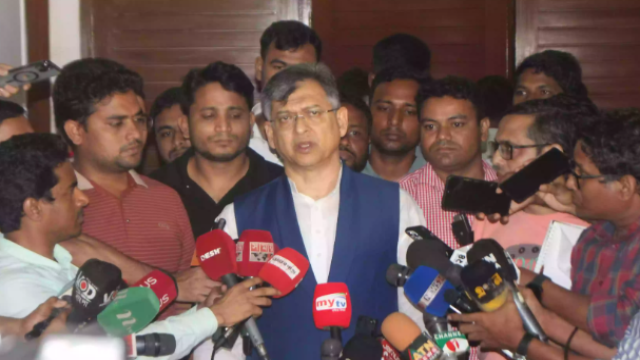
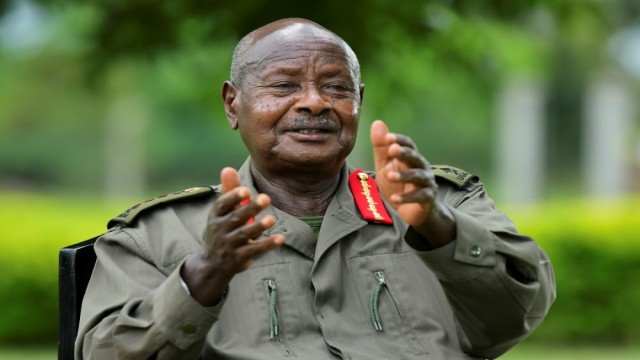

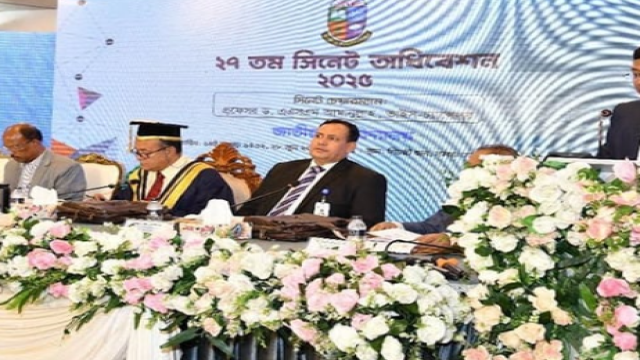
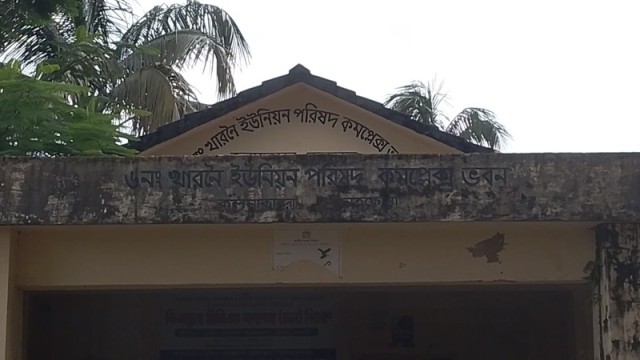

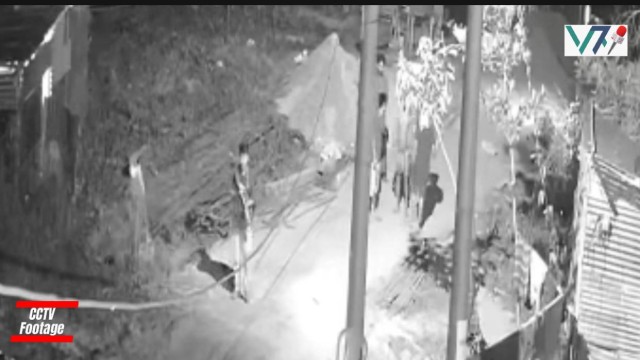
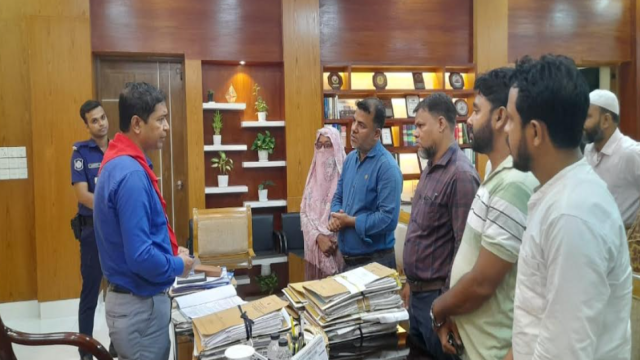
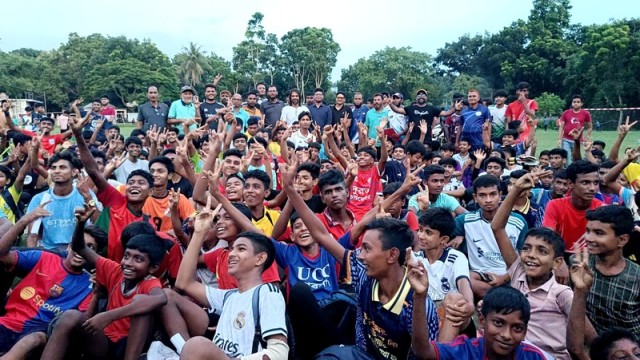
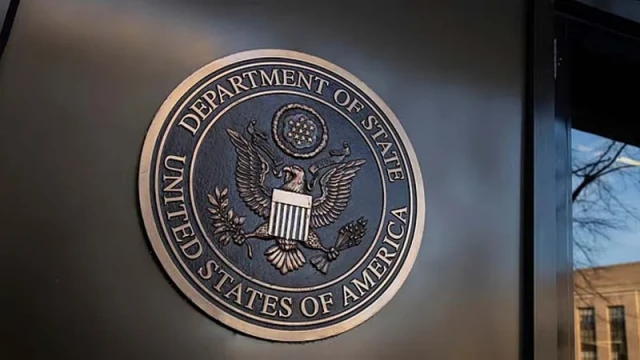
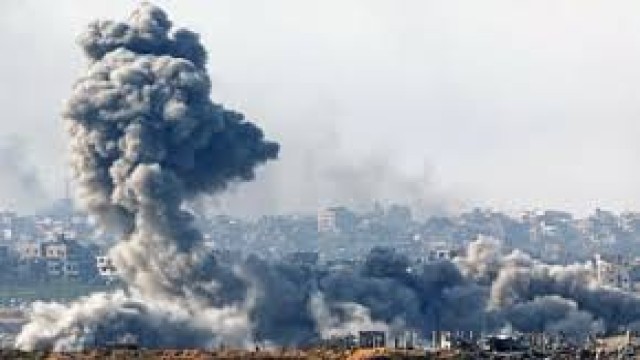
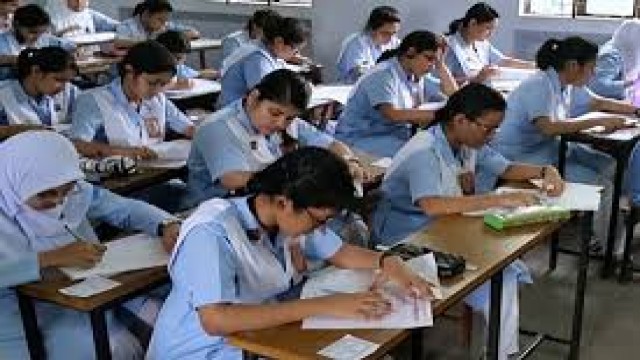

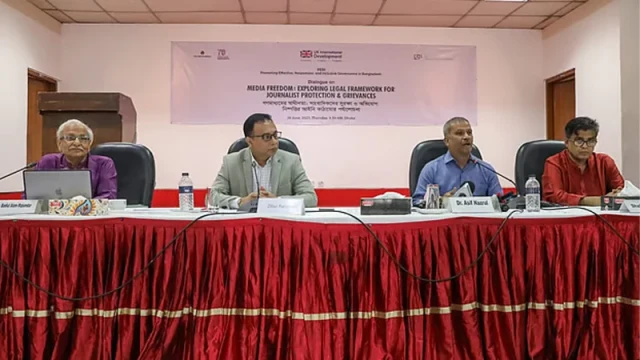


Comment: